By Chally Kacelnik
All too often, organisations take an individualist response to a culture of worker stress.
Feeling stretched? You might be offered a few sessions on mindfulness or work life balance. I’m not trying to diminish the value of learning how to do those things; they are worthwhile and valuable life skills. Rather, it’s a problem if an organisation’s response is limited to those things. What this indicates – whether intentionally or not – is that the organisation considers the problem to lie with the individual, and whether they’re doing the work of self-discipline or self-care “well enough”.
If relationship dynamics, workloads, strategy, and other organisational aspects are poorly organised and are causing the stress or poor morale, teaching someone individualist fixes is not going to cut it. In fact, this is ultimately going to reinforce the problem: if I’m given all these tools to manage myself and I still can’t, then what’s wrong with me? It’s disempowering.
Don’t make the mistake of slapping a bandaid on people who are struggling. Take the time to dig down into what is causing this problem. You might discover that you need to build scalable systems to support new kinds of work being undertaken, or that your organisational strategy isn’t translating into good work practices, or that people don’t have good time management tools, or that you need to solve organisational structure problems that undermine role clarity. Once you can acknowledge that people aren’t islands, but exist in a broader context that is malleable, you can start to meaningfully support the whole organisation with practical interventions.
Be sure that you don’t compound the problem of widespread worker stress by putting the responsibility of solving the issue back on them. It’s wildly insufficient and counterproductive. The real work is in implementing a systemic solution to a systemic problem. Self-management tools will be a whole lot more effective if they’re backed by a supportive environment.
At LKS Quaero, we support our clients to work sustainably towards deliberate goals. For more information, visit us at lksquaero.com or follow us on LinkedIn, Facebook, and Twitter.










